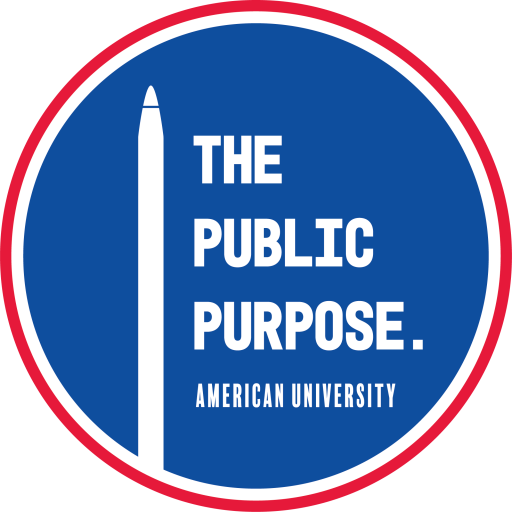The occurrence of climate change has empirically documented effects across the DC metro area: higher temperatures than average, increased occurrences of heatstroke, and greater variability in weather conditions. These events also do not exist in isolation. The implications of climate change are national (e.g., drift of arctic air from the Northeastern United States impacting the state of Texas) but exist within an international context. These occurrences exist in ways that relevant actors observe and document empirically. But what about that which occurs less visibly? Such as, the common values which metro area residents are likely to share? 72% of Americans subscribe to a particular set of spiritual beliefs. This set of values inherently presupposes an order of reality which assigns a normative claim towards the physical world. These values should be accounted for within the context of defining policy-outcomes.
This manner of seeing nature has direct and indirect implications for local markets and government policy. For some residents, this may speak to what buyers should ethically purchase, or the responsibilities of economic actors, or even the broader attitudes which members of a community share. This set of values does more than acknowledge the existence of nature. It presupposes that nature has a purpose, a teleological function. It also presumes that human beings who are part of nature, likewise, share a purpose within it. This is a worldview which suggests that the physical world is fundamentally good and should be utilized intently. For residents of the DC area who subscribe to this set of values, the task before them is to align their beliefs about nature with policy outcomes which reflect their value-set.
The United States —between 2019 and 2021— saw an 87-million-ton reduction in carbon output. This is a notable reduction in carbon emissions; however, this phenomenon of greenhouse gas reduction likely speaks more to events surrounding the COVID-19 pandemic than it does systemic change in U.S climate policy. With stagnancy occurring at the federal level, this inertia presents an opportunity for action at the community level. A relevant example of community-led initiatives with relevance to this space is the Laudato Si movement. The Laudato Si movement, founded in 2015, is an international patchwork of organizations inspired by the publication of the like-named papal encyclical.
A unique feature of this movement is its emphasis upon the smallest functional scale, the principle of subsidiarity. Therefore, if a societal function can be implemented at the level of community it should be performed at that level, unless a more functional performance can be achieved at a higher level of scale. This is a principle which is not just intuitively sensible, but also consistent with the constitutional division of power within the United States. Because of this compatibility with the American constitutional system, a synthesis between the principle of subsidiarity and the American system of governance appears possible. It also appears desirable in the pursuit of substantive environmental policy outcomes. When accounting for windows to change policy at each societal level, policy decisions intended to encourage environmental development get to flourish in ethical and moral consistency by including the shared beliefs of community stakeholders. A synthesis between shared values and policy outcomes is not just possible, but entirely necessary for residents of the DC metro area to live in proportion to the height of their hopes.



0 Comments